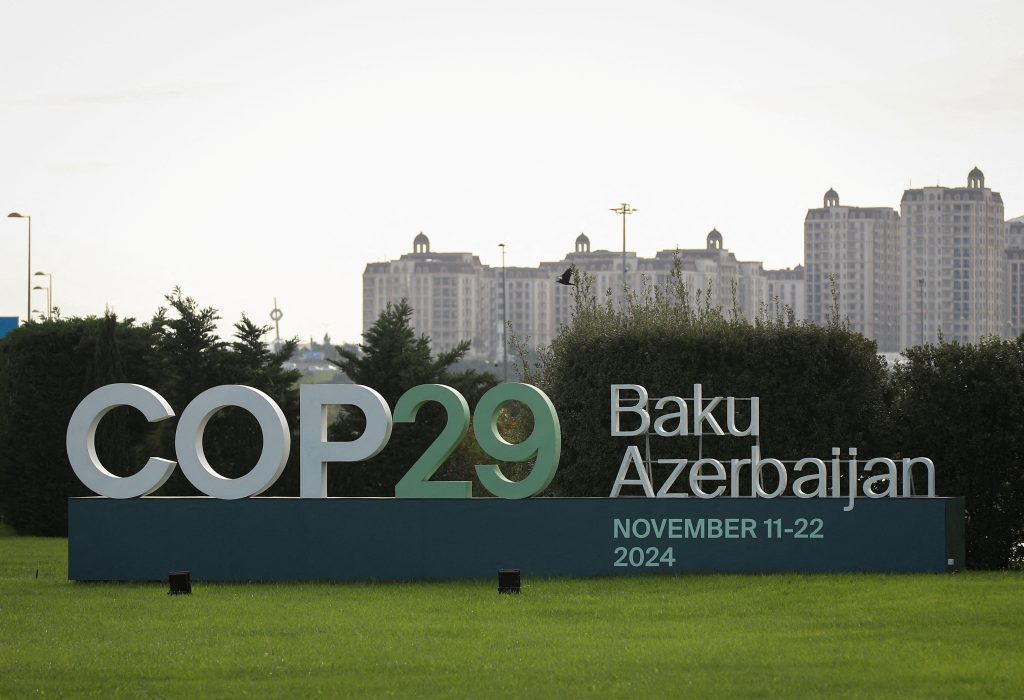At the COP29 climate summit in Baku, Azerbaijan, delegates from developing nations expressed deep disappointment over a proposed climate funding deal that pledges $250 billion from wealthy countries to poorer nations by 2035.
While this amount is more than double the previous goal of $100 billion annually, set 15 years ago, it falls significantly short of the $1.3 trillion that developing countries have requested to address the impacts of extreme weather.
A Slap in the Face for Developing Countries
Mohamed Adow, Director of Power Shift Africa, voiced the frustration felt by many delegates: “Our expectation was low, but this is a slap in the face. This is not something any developing country will fall for.”
His comments underscore the sentiment that the proposed funding fails to meet the urgent needs of nations grappling with climate change.
The Importance of Climate Finance at COP29
From the outset, COP29 has focused on climate finance, which refers to the funds that wealthier nations are obligated to provide to support developing countries.
This financial assistance is crucial for helping these nations cope with climate-related damages, adapt to a warming planet, and transition away from fossil fuels.
However, many delegates were kept in the dark about the draft deal until it was released over half a day later than promised, raising concerns about transparency and organization at the summit.
Calls for Greater Commitment
The COP29 presidency stated, “These texts form a balanced and streamlined package for COP29,” urging parties to carefully review the proposal to pave the way toward consensus.
Despite this encouragement, many developing nations remain skeptical about whether rich countries will step up their commitments.
Rich nations and analysts assert that the proposed $250 billion will serve as a “core” amount that can be leveraged for additional spending on climate initiatives.
, much of this funding may come in the form of loans, which poses a challenge for countries already facing high levels of debt.
The Urgency of Action
As negotiations continue at COP29, there is an increasing sense of urgency among delegates to secure meaningful commitments before the summit concludes.
With potential changes in U.S. climate policy looming following recent elections, developing nations are particularly anxious about ensuring that their needs are addressed.
While the proposed $250 billion pledge represents progress in climate financing discussions, it has been met with widespread dissatisfaction from developing countries who feel it does not adequately address their urgent challenges in combating climate change.
As COP29 unfolds, the pressure is on wealthy nations to deliver a more robust and equitable funding solution.
Source: africanews
